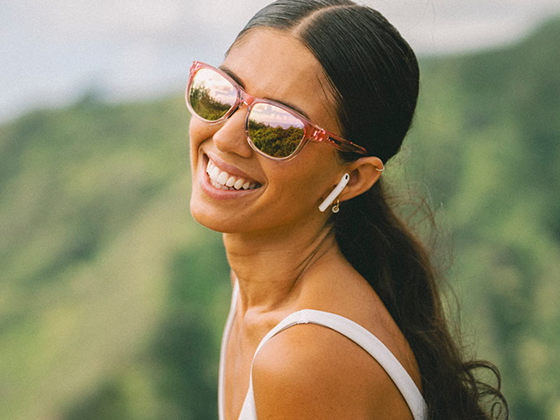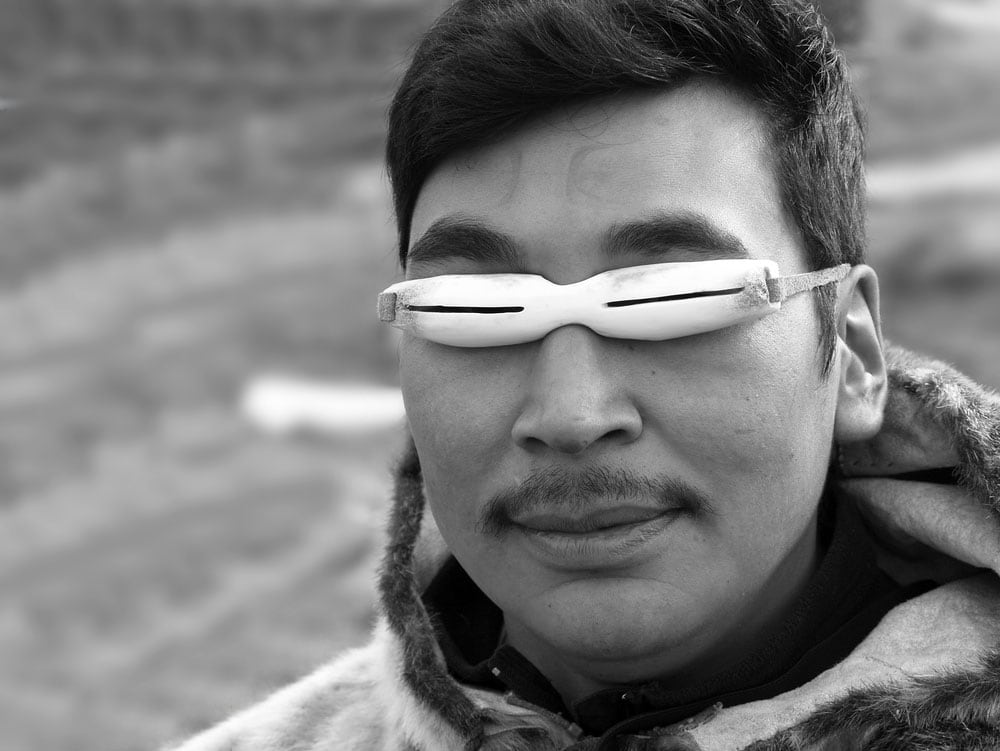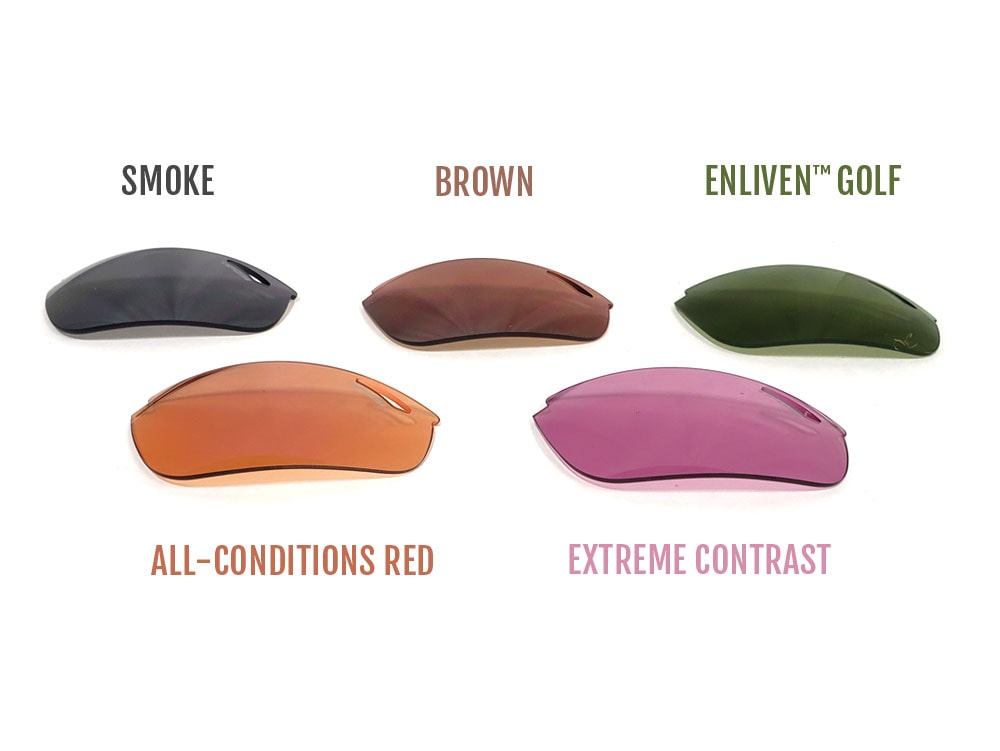Living in Georgia, one can hear the sighs of relief when the seasons turn from summer to fall. We are happy to say goodbye to the heat and humidity and hello to cooler temperatures! Hikers know that being out in nature is therapy for the mind and body. And since fall is upon us, we think it’s the perfect time to get out and enjoy the delicate change of colors and savor the crisp air.
Good hiking shoes, water, and snacks always top a hiker’s list. We want you to throw sunglasses into that mix. Why are sunglasses so important? You only get one set of eyes. It is imperative that you care for them by preventing irreversible UV damage and possible injuries from falls or low lying branches. In addition, they prevent eyestrain and squinting, providing a layer of comfort to your hike.
To prepare for your next adventure, let’s look at what makes a good pair of hiking sunglasses:
- Only buy sunglasses that have 100% UV protection. No exceptions, this is the most important component to your sunglasses. Shop for a polycarbonate lens. Polycarbonate lenses are better than acrylic, because they are shatterproof and scratch resistant.
- Hikers deal with rugged conditions. Look for frames made with nylon, like Grilamid TR-90. This material makes them durable, lightweight, and comfortable. Note that metal sunglass frames tend to get cold or hot depending on the weather, making them suitable only in comfortable temperatures. Avoid plastic frames because they break easily.
- No one wants to be distracted by discomfort or sunglasses falling off. When trying on sunglasses, see if they have adjustable nose and earpieces. Test to see if the sunglasses grip when you tip your head forward. Tifosi uses hydrophilic rubber so that these pieces grip the more you sweat. Protip: if you like to wear a hat when hiking, then try on sunglasses with your hat before purchasing!
- Many outdoor enthusiasts prefer a curved lens. The advantages of curved lenses are to provide clear visuals and protection to the sides of the eyes. If the wraparound look is for you, makes sure the lenses are optically decentered to prevent distortion.
- Polarized lenses can be beneficial to some. Do you hike in the snow, on white sand, or beside bodies of water? Polarized sunglasses reduce glare from these scenarios. To learn more about polarized sunglasses or to see if they are right for you read, “Are Polarized Sunglasses Right for Me?”
Get out there and enjoy the wilderness! Go see those remarkable changes in nature…but see them through sunglasses!





